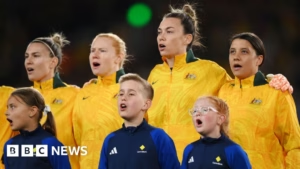Within the creative and arts sectors, the practice of relying on unpaid interns to perform roles that should be compensated is potentially violating employment laws. This could be hindering individuals from less affluent backgrounds from securing meaningful, paid employment within these industries, according to experts. There have been concerns raised by prominent figures about the lack of working-class talent in arts and culture. A survey revealed that a significant portion of artistic directors and creative leaders were privately educated, which is much higher than the national average.
While British law does mandate that interns should receive pay if they meet certain criteria, such as specific hours, days, and duties, the creative industries seem immune to this rule. They are reportedly exploiting exemptions meant for students, volunteers, or those on short-term work experience to avoid paying interns. The responsibilities given to these interns often mirror those of regular employees, with some likening their experience to “slave labour.”
There’s a call for more stringent enforcement and clearer definitions within the law about who qualifies as an intern, volunteer, or worker. The government has expressed a commitment to banning unpaid internships except as part of education or training, though the specifics of enforcement and definitions remain undefined. This situation is seen as a major barrier to diversity in the arts, with reliance on unpaid work favoring those with financial means to undertake such positions without pay.
Source: https://www.theguardian.com/culture/2025/feb/26/arts-sectors-use-of-unpaid-interns-for-some-roles-could-be-experts-say








